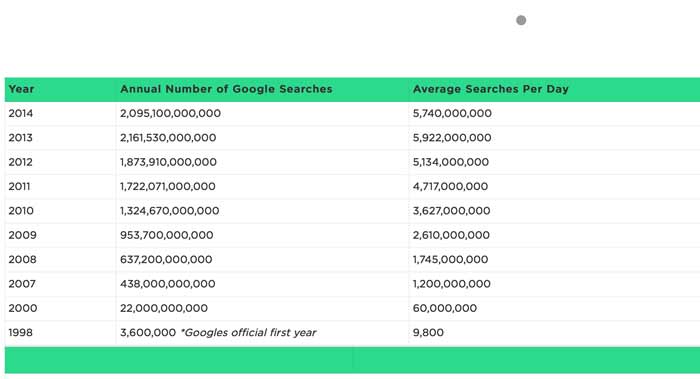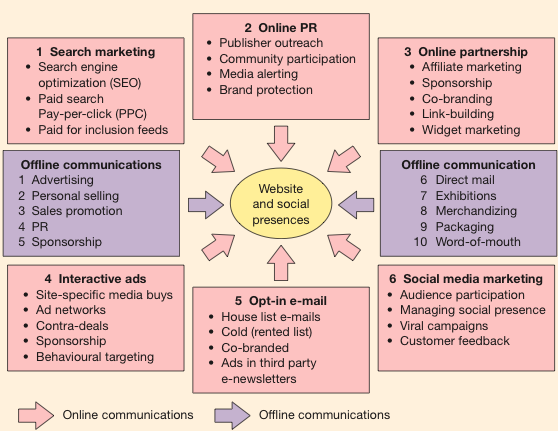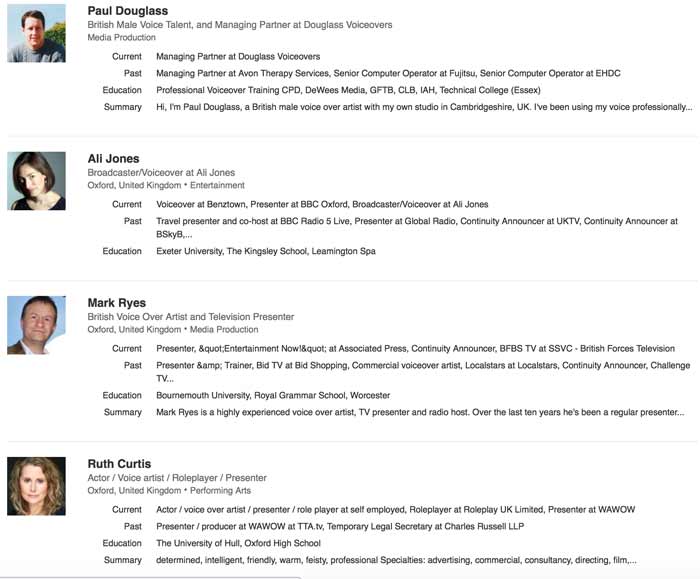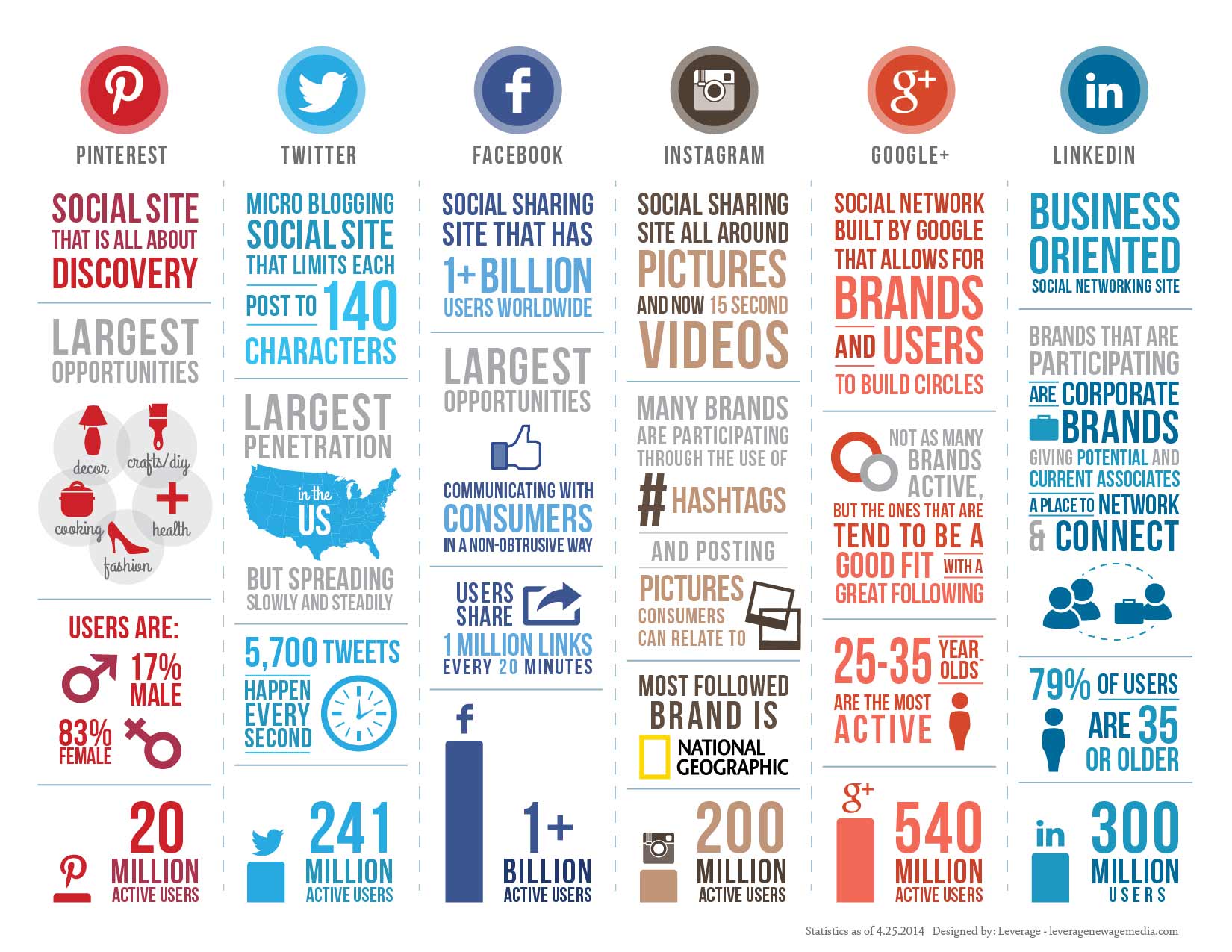
This blog post is about marketing for voiceovers, specifically how you can use marketing to develop your brand, build an audience, boost your exposure and ultimately get more work.
Before I continue though you need to understand that there are some ground rules to achieving these goals:
1. You work hard and consistently at marketing.
2. Following on from point 1., you schedule time to do this.
3. You see these efforts as long-term gain not short-term fix.
4. You will develop a marketing plan and not simply ‘wing it’ and hope for the best.
What Is Online Marketing for Voiceovers?

There are literally hundreds of definitions of marketing – you can read a few of them in this post by Heidi Cohen. Needless to say marketers are good at inventing terms including marketing definitions. The problem for most people is that it can confuse people as to what is marketing.
So let’s keep it simple and practical. Broadly marketing is the strategy, plans and activities focused on achieving the sale of a product or service to a target audience. (This is an old definition but it suits our needs for this article).
Now you might say “So what! that doesn’t help me,” and you’re right. A definition isn’t very practical. So let’s break it down into parts and then relate it to marketing for voiceovers.
First of all you need to view yourself as a business or at least being in business. Peter Dickson wrote about that in this great blog – what are voiceover skills.
So if you think of yourself as a business, you know you have to:
- Develop a product that you can sell.
- Understand who needs your product.
- Understand how and why people buy your type of product – including how they choose.
- Understand how to differentiate your product from others.
- Package your product so it easily communicates to your target audience.
- Market and sell to your target audience so they know your product exists and can buy it.
Now the obvious thing to say is that you are the product and you are in a market that is competitive. So you need to work hard at making sure your product stands out from the crowd, portrays quality, is trustworthy, has good packaging that tells buyers quickly and simply why they should buy it. You also need to market to the right people.
You might be thinking that all sounds kind of hard to do….
The truth is though that we are all buyers, day in, day out, and most of us have a good instinct about what marketing works. We just need to use some of this and have a practical approach to our own marketing.
The second point is about understanding marketing online. If you look at the trends of how we all shop, search and buy, then it should be no surprise that utilising online marketing (or digital marketing) is crucial.
Here are some figures about the growth of “online” from how people use it, to how brands have changed their spend:

To explore the explosion of social media and other online stats visit this site – Internetstatslive
In 2013, global e-retail sales amounted to 839.8 billion U.S. dollars and projections show a growth of up to 1.5 trillion U.S. dollars by 2018 – we are all getting used to buying online…including buying talent.
“Mobile digital media time” in the US is now significantly higher at 51% compared to desktop (42%) – so people now search everywhere for all things… even businesses and casting directors…
The shift in how we all use the internet is being reflected in the way businesses use online marketing. The shift is away from traditional advertising e.g. radio, TV and print to online – the good news is that voiceover work is growing as a result of the expansion of digital media and products.

What Is Online Marketing for Voiceovers Anyway?

Online marketing consists of a range of methods you can use to achieve your goals. How and which type of marketing method you choose will depend on your overall goal.
Another critical point is that if you are serious about developing your presence online you need your own website. There is no substitute for having a domain and site that you control and can use to build your brand – it is the hub… and the spokes are the other sites that you connect to…. including social media.
Now let’s take a quick overview of the core parts of online marketing for voiceovers and I will give you some ideas that I hope are useful.
#1. Search marketing

Search marketing is about being found for a specific set of keywords.
So Interflora wants to be found for the keyword “Florist”, Apple for “Laptops” (and other products), Zara for fashion related terms…
Search engine optimisation is the process of managing your website (brand) so that it is Google friendly for the keywords you want to be known for.
Now you can’t and won’t rank for “voiceover actor” – that term is too broad and is used by thousands of others. But you may want to target a keyword such as “voiceover actor for audiobooks” or even more specific “voiceover actor for sci-fi audiobooks” and then list out the different types of other book genres you are known for.
The point is… the more specific and targeted you are the better the chance you have of being found. We will talk about this more in another blog.
A simple example of how keywords help you get found is this: I typed into Google “voiceover” and “linked” in the Google results I got a list of the top 25 profiles with those terms – the people listed have made sure that they have optimised their Linkedin profile for search. LinkedIn is used by businesses globally to find talent.

Now if you multiply how you use your keywords across social media and other sites you will amplify how you are found on search engines and on each platform.
#2. Online PR

Now imagine you really want to get your name out there. What could you do that could get your name noticed? Well using the press / journalists and getting published in a magazine (online not offline) that is read by your target audience may help.
Public Relations (PR) in general is about managing your brand online, it’s about managing your reputation and also enlarging it out by building relationships with publishers e.g. online magazines and other media.
As an example, if you live in a big city and your target audience is medium-sized local businesses, you could find out what is a popular local business paper or magazine that is online. You could then write an interesting article about how voiceover actors can add value to a business e.g. adding personality to radio ads, projecting the tone of voice of the business, adding a new perspective to a corporate video. Articles like this will provide valuable exposure.
Another simple idea is to do free voiceover work for some notable local charities and highlight to local media your work. Even better, if you team up with others to help promote a charity e.g. a video producer, ad agency…then even if you just cover costs it will help the charity and be a worthy news story. The charity will have benefited from your expertise and those of your partners.
#3. Online Partnership

There is a famous saying – no man is an island.
In today’s hyper connected and competitive world, it is better to work alongside and with people than see everyone as competition. Forming relationships and helping others work is now part of every businesses make up, and many businesses would not exist without them.
As a consultant, I often pay people a sum of money if they introduce me to a client and I win some business as a result. This recognises the value of their network and the value they have produced for me. It also allows them to earn some money as well.
Of course the job has to be big enough to warrant this after costs, but the point is simple. Having partnerships that are mutually beneficial helps. For voiceovers you might form a small network of people that work in a sector of the market, with each of you having complimentary skills and networks.
Together as a voiceover network you will be benefit more than each of you as a sum of your parts.
Let’s imagine your expertise is in commercials and you have a good amount of work from this. However, you have a partner who is excellent at narration. Now an opportunity crops up with a client which gives you a choice:
1. You could stretch your skills to narration (lets assume you have some experience but it isn’t what you are known for)
2. You could recommend a partner, an associate who specializes in narration. The client is more likely to be impressed by you if you recommend a solid professional that excels doing something that you could do but possibly not to the same standard.
In my case I know marketing, and in particular I am known for digital marketing, but if I am asked about SEO I always recommend a friend and partner who does it better than me and is known for doing just that. By introducing them to clients, I maintain my expertise and reputation and am rewarded by recommending a person who is awesome at what they do. Of course the partnership works both ways and I often get work from them. We both win.
As a voiceover actor there are a wide range of potential partners:
- Other voiceover actors
- Video producers / directors
- Media agencies / digital directors
- Advertising agencies
….the list goes on.
The key to partners is having a few and paying attention to them – spreading yourself too thin doesn’t work. Partnerships like all relationships take time to build trust and work both ways.
This also works well on your website. You can have a list of people you recommend and vice versa. You can also use your partners for testimonials as well as collating testimonials from clients.
#4. Interactive Ads

Now you might think that you this isn’t a viable form of marketing for voiceovers – why should I advertise myself? What do ads have to do with me?
In many ways you are right. However, advertising is still a vital part of being found. If you are new to voiceover and have limited budget, this isn’t for you. But if you are looking to get more exposure and target certain people then this can work for you.
In terms of this blog post, let’s just say it can be used but in special circumstances – believe me though when I say it can deliver massive results.
#5. Email Marketing

This will depend on the strategy you adopt and might not be the most important form of marketing for voiceovers. If you are going to develop a presence across social media, be creative, blog and use the full armoury of online tools to market yourself… then email marketing can be a powerful way to market your brand.
You might (over the years) gather a list of clients and/or you might have a list of people from your blog.
The key to success is having a plan and being relevant to your audience. So do not spam people by shouting about your latest piece of work…it is unlikely to provoke anything other than ending up on an email blacklist. However, if you send out an occasional email that adds value to their business, you will get your emails read and more than likely comments and interactions with people – the art is to be creative and research a problem they may be facing.
#6. Social Media
Social media is one of the most powerful tools available to voiceover actors as I wrote about in this previous blog called 5 Hot Tips to Improve Your Brand on Social Media.
The key to success in using social media is having a consistent approach. As a voiceover actor you have the ability to use your voice as part of the blend of media you use. Remember, it is not about spamming but using it to build relationships, help others and gain exposure.
Here are some examples of voiceover actors that use social media effectively:
Chris Marsden – @chrismarsden
A Smith Harrison – @asmithharrison
Marc Scott – @marcscott
Be part of a community, develop relationships and think of social media as a long term investment.
Why Online Marketing for Voiceovers is so Important.
We all know that searching online is easier and quicker. If you are looking for a product, person, job…we tend to use online first.
So what does that mean for voiceover actors?
Well it means that now and for the future, your online presence and how you manage it is increasingly going to be a vital part of being found and getting work.
Manage and build your brand rather than leave it to chance. Be productive and efficient with your time and it won’t seem like a chore. The key is getting the fundamentals in place first – defining yourself and staying focused.
So in developing a marketing plan you need to do the following:
#1. Understand What You Are Selling
Yes you might have a broad range of skills but try to focus on being known for a niche and then broadening out once you have nailed your reputation in that niche, and have a regular set of work from it. It is about understanding what you have to sell to a potential employer. It is your personal USP’s (Unique Selling Points) that differentiate you from other candidates.
Understand how to position yourself. What makes you unique? What added value do you offer? Do have other skills that come into play?
#2. Understand Your Target Audience
Be focused on a niche and understand the full range of partnerships and buyers that you can build relationships with to get work. Next, you need to produce evidence that
#3. Understand How and Why People Buy
Don’t assume. Don’t make the same gaffs as your competition. You need to know why people choose the people they do. Learn about what is important to casting directors, businesses, media agencies, charities…whoever your target market is.
#4. Set Out A Plan
Have you ever heard the term “Random acts of marketing”? Many people and businesses hop from idea to idea and never consolidate their approach. You often see this across different social media channels, when a business talks about itself and what value it delivers differs. Worse still is when there are multiple disjointed campaigns across the same media.
So as a voiceover actor be focused set out a clear plan. In the membership area soon I will release some planning templates so keep an eye out for the under the resources section of the Gravy For The Brain site.
#5. Package Yourself
Have a logo, develop a clear identity, tone of voice and colour palette. Together, these elements form your brand. The other part is what you publish, what you say and what you do. Focus on being yourself. The worst mistake people make in developing a personal brand is to put out a set of characteristics that are not really true to them. Over time what they then say, tweet and post displays a different persona and hence looks inconsistent.
You are unique… value this and recognise how your little quirks, passions and interests make you interesting and …well… you!
#6. Plan a Year – Work Each Month
If you sketch out a year long plan it will help you commit to it. Things could and probably will change along the way, but that is part of the fun of marketing. The key is that as you progress you will learn more and want to adapt your plan. You will also recognise what is working and what doesn’t. This is important. Learn to change and adapt your approach.
Summary of Marketing for Voiceovers
In this short blog I have hinted at what is possible and what you can achieve.
I will shortly be developing a full “Marketing for Voiceovers” course that will take you through the detail of how to develop your personal brand and market yourself like a professional. The course will contain downloadable templates, show you in detail exactly how to optimise your social media, create PR campaigns and much more.

Leave a Reply
You must be logged in to post a comment.